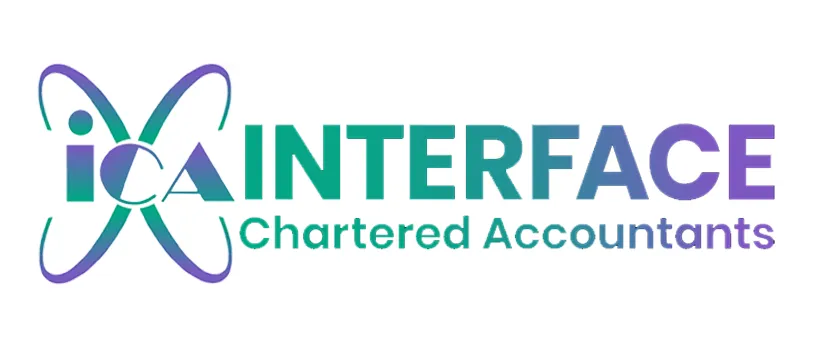Picture this: you’ve been living your life, minding your business, and diligently paying your taxes through your regular income source. Everything seems straightforward until, out of the blue, you find yourself in a situation where you need to fill in self-assessment tax return. It’s like being thrown into the deep end of the tax pool without warning. To help you stay afloat and avoid penalties, we’ve put together this comprehensive guide on when and why you might need to complete a tax return.
Why Submit a Self-Assessment Tax Return?
HMRC requires individuals to submit a self-assessment tax return if they fall into certain categories. Here’s a breakdown of when you might need to navigate this tax process:
- Self-Employed: If you’re self-employed, congratulations on running your own business! However, this means you’ll need to declare your business income and expenses through a self-assessment tax return.
- Untaxed Income: Receiving £2,500 or more in untaxed income, such as tips or rental income from a property, triggers the need for a self-assessment tax return.
- Savings and Investments: When your income from savings or investments crosses tax free threshold, you need to report it through self-assessment.
- Dividend Income: Similarly, if your income from dividends, typically from shares, reaches a certain threshold, it’s time to complete a self-assessment tax return.
- Capital Gains: Making gains from selling chargeable assets, like shares or a second home, which exceed your initial investment and require Capital Gains Tax, necessitates a self-assessment return.
- Company Director: If you served as a company director during the tax year (except for non-profit organizations like charities without pay or benefits), you need to submit a self-assessment.
- High-Earning Household: If your partner’s income surpasses £50,000, and you’re receiving Child Benefit, you may need to complete a self-assessment.
- Income from Abroad: Having taxable income from abroad requires you to declare it through a self-assessment.
- Living Abroad with UK Income: If you lived abroad but had income sourced in the UK, a self-assessment is typically required.
- High Taxable Income: If your taxable income exceeded £100,000 during the tax year, you’ll need to submit a self-assessment.
- Trustee or Pension Scheme: Serving as a trustee of a trust or a registered pension scheme comes with the responsibility of completing a self-assessment.
- P800 Notification: If HMRC sends you a P800 stating that you haven’t paid enough tax for the previous year, and you haven’t settled the balance through your tax code or voluntary payments, a self-assessment tax return may be required.
It’s essential to understand these triggers to determine whether you’re required to complete a self-assessment. However, as life can throw unexpected twists, it’s possible to inadvertently meet the criteria in a given year without prior knowledge.
When to Submit Your Self-Assessment Tax Return?
If you find yourself in a situation that necessitates a self-assessment tax return, it’s crucial to adhere to the submission deadlines. Failure to do so can result in penalties. Here’s a key date to remember:
Deadline: Self-assessment tax returns must be submitted online no later than midnight on January 31st following the end of the relevant tax year. For instance, if you need to report income for the 2022/23 tax year, your deadline is January 31, 2024.
The self-assessment return should cover your income received during the tax year, which ends on April 5th. Therefore, January 31st is not just the deadline for submission but also the cutoff for income in the previous tax year.
Navigating the Self-Assessment Process
Completing a self-assessment tax return can be a daunting task, especially if you’re doing it for the first time or if your financial situation has become more complex. Mistakes can be costly, and penalties for late submission are surprisingly steep.
Here’s where a qualified tax return accountant comes into play:
Accuracy: An accountant can ensure that your tax return is accurate and complete, minimizing the risk of errors and penalties.
Optimal Deductions: They can identify all eligible deductions, allowances, and credits, helping you legally reduce your tax liability.
Timely Filing: Self-assessment accountants are well-versed in tax deadlines and can ensure that your return is submitted on time, avoiding costly penalties.
Complex Situations: For individuals with complex financial situations, such as multiple income sources or capital gains, an accountant’s expertise is invaluable.
If you need professional assistance, accountants in Slough, accountants in Reading, accountants in Ealing, and accountants in London can make the self-assessment process smoother and more advantageous.
Don’t Wait Until It’s Too Late!
The world of taxes is intricate, and navigating it can be challenging, especially when the need for a self-assessment tax return arises unexpectedly. Waiting until the last minute can lead to errors, missed opportunities for deductions, and penalties. To avoid this, consider consulting a reputable tax professional, like those at Interface Accountants, who can guide you through the process, ensuring your compliance with tax laws and minimizing your tax liability.
In conclusion, understanding the circumstances that require a self-assessment tax return is crucial for avoiding unexpected surprises and penalties. Remember the key deadline of January 31st, and if you find yourself in need of assistance, reach out to trusted tax return accountant. They can help you navigate the maze of self-assessment, ensuring that your financial affairs remain in order.
 Skip to content
Skip to content

